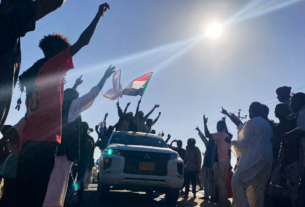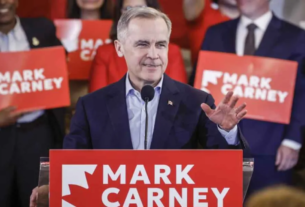On Tuesday, Serbian opposition lawmakers threw smoke grenades and used pepper spray inside the parliament to protest the government. The protests were in support of students demonstrating against President Aleksandar Vucic’s rule, which has been under fire for months.
The protests began after the deaths of 15 people in November when a roof collapsed at a railway station. Since then, students have led demonstrations, which have expanded to include teachers, farmers, and other groups challenging the government’s handling of the crisis.
The opposition lawmakers’ actions in the parliament highlighted the growing frustration with President Vucic’s leadership. Their aim was to disrupt parliamentary proceedings and amplify the ongoing student-led protests calling for change.
“I can’t stand by while the government ignores the people’s needs,” one opposition lawmaker stated. The protests against the government have become the most significant challenge to Vucic’s decade-long rule, as many people demand accountability for the tragedy and the country’s ongoing issues.
The demonstrations have turned into an anti-corruption movement, with many calling for the resignation of Vucic. The protesters argue that the government has not only failed to prevent such disasters but also continues to foster a system of widespread corruption.
Inside the parliament, the use of smoke grenades and pepper spray created chaos, making it difficult for lawmakers to continue their sessions. The disruptive tactics reflected the growing desperation of those opposing the current administration.
The incident also resulted in one lawmaker suffering a stroke due to the extreme stress and disorder caused during the protest. The tension in the parliament underscores the severity of the political crisis unfolding in Serbia.
Students, teachers, and other groups now see the protests as an opportunity to demand broader reforms. They accuse the government of mismanagement and call for a fundamental change in how the country is governed.
The demonstrations, which have gained momentum over the past four months, show no signs of slowing down. As more citizens join the protests, President Vucic faces increasing pressure to address the public’s concerns.
With the opposition now having a stronger voice, the political climate in Serbia has shifted. Many are beginning to question whether the current government can withstand this growing wave of dissent.
The outcome of these protests could reshape Serbia’s political landscape. As citizens demand more transparency and accountability, the government’s response will be critical in determining the future of the country’s leadership.




